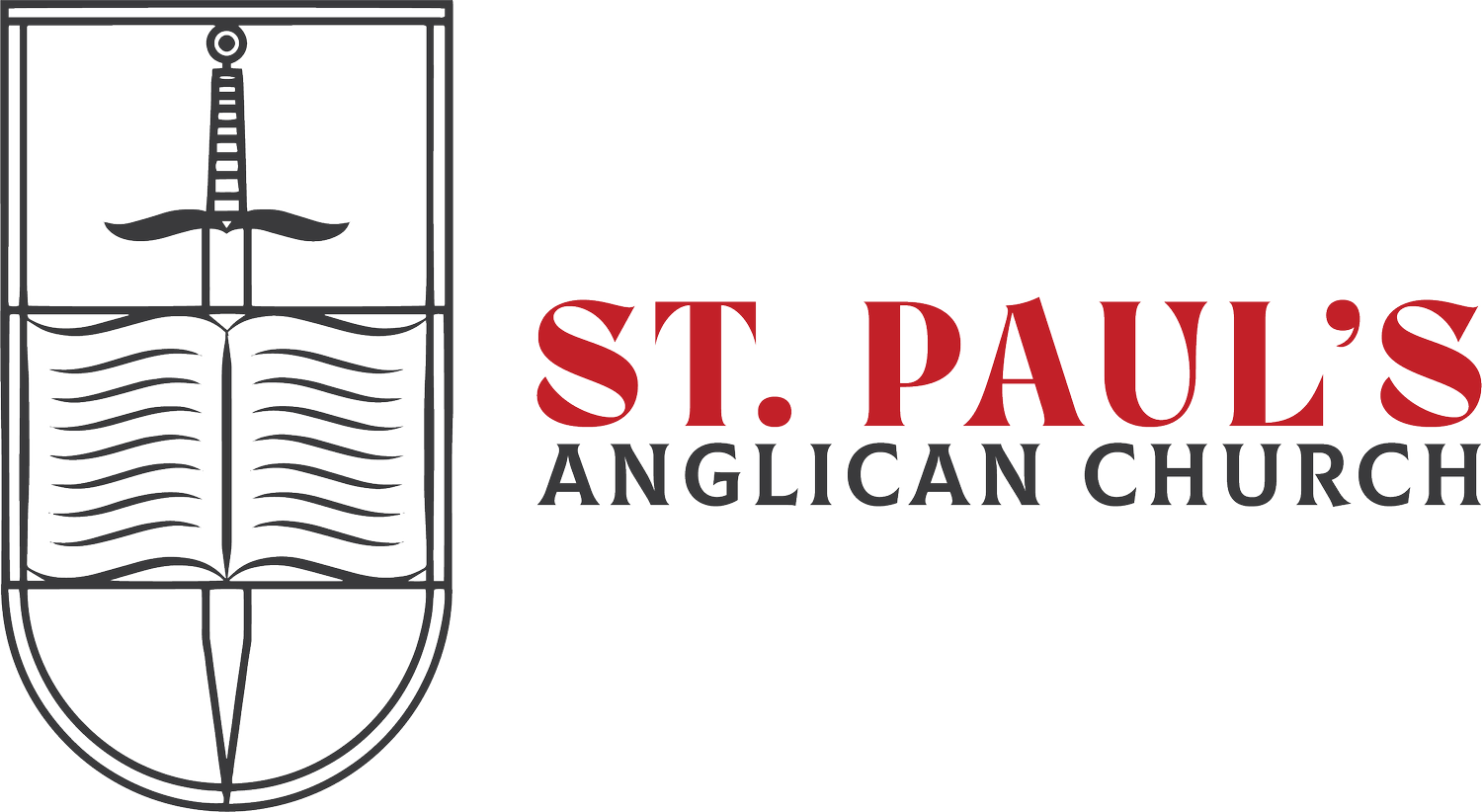Reflection: Tips for a Good Advent
In our popular culture, we jump straight from Thanksgiving to Christmas. We are thrust directly into a season of consumeristic decadence through Black Friday and Cyber Monday sales. The Christmas music begins to play, “12 Days of Christmas” is used as a marketing ploy to countdown to Christmas. In all this hustle and bustle, where did the Advent season go?
Advent is the beginning of the Church Year. It is important to remember that the Christian Kalendar is set up in such a way that our seasons of feasting is typically preceded by seasons of fasting and penance. The Kalendar is instructive for us, teaching us about the necessity of repentance and self-discipline and the necessity of responsibly enjoying God’s good creation. Advent, then, is a season of somber and sobering reflection that prepares us to celebrate the Feast of the Nativity.
How should we prepare? What are some practical tips to maximize the benefit of this season?
Tip #1: Mediate on the Incarnation, the Eucharist, and the Impending Return of Christ
In Advent, we look to the historical coming of the Christ Child, we more intensely fixate on his sacramental coming in the Host and Chalice during Holy Communion, and we anticipate his return on the last day to “judge the quick and the dead.” These provide tangible events for us to focus on.
When we think about the Nativity, we consider that “When thou tookest upon thee to deliver man, thou didst humble thyself to be born of a Virgin” (Te Deum; BCP 10). Christ has united human nature to his divine person, re-establishing communion between humanity and God while showing us what it means for us to be fully human.
When we go to Communion, we can further reflect on the idea that Christ is fully present with us in the Host and the Chalice. Remember the name Jesus is given in Matthew 1:23? Immanuel which means “God with us.” God is with us and the Eucharist is a sure and objective reminder of that. We are not alone! Further, when we go to receive, we can more profoundly consider the mystery that Christ is in us and we are in Christ.
Finally, we anticipate the “Return of the King.” What the Scriptures tell us is that the purpose of his Second Coming is to “judge the quick and the dead.” This reality gives us an impetus for serious self-reflection about the state of our own lives. Are we doing the things we ought to do and avoiding the things we ought not to do? This season is a great time for intentional examination, a time to audit our spiritual progress. There are many ways to do this, including using the Decalogue or the Seven Deadly Sin as a springboard.
Tip #2: Resist the Urge to Reduce this Season to a Consumerist Holiday
It’s very easy for us as Christians to mimic the larger culture. This is especially true when it comes to consumerism. Consumerism tells us taht the more good we acquire, the happier we will be. While it is certainly true that things are not necessarily bad in and of themselves, this idea that happiness can be found in material goods, many of which are not necessary or particularly helpful, is a materialistic lie. Embracing this worldview is to be the man who built his house on the shifting sand (Matthew 7:24-27). In response to this temptation, one helpful discipline to develop this season is that of restraint. Be intentional about buying less for yourself, purchasing only those things that are necessary. Avoid retail therapy or binge spending. Remember that true happiness is not found in things. Those who die with the most toys do not win. True happiness is found in relationship with God, the source of all goodness and happiness.
Tip #3: Commit to Spending More Time in Prayer
Being a new year, Advent is a wonderful time to make a resolution to be intentional about prayer. It is important to remember that spiritual progress does not happen by accident; we have to be intentional about becoming more proficient Christians. Each person is different and our levels of consistency and piety may vary. If you take stock of your own progress through self-examination, then you can establish realistic goals for yourself. Maybe that means trying to pray the Daily Office a few more times during the week, coming to Sunday services more regularly, or trying out a new devotional exercise. If you want some help in coming up with achievable goals, talk to me! I’d love to work with you in developing these habits.
Advent is a beautiful season filled with hope and expectation. It’s a time for us to prepare ourselves for the great feast of Christmas. “Be sober, be vigilant” (1 Pet 5:8a). Now is the time for us to prepare for Christ’s coming. We can do that through meditation, self-discipline, and working to develop more robust prayer lives. “Now it is high time to awake out of sleep: for now is our salvation nearer than when we believed. The night is far spent, the day is at hand: let us therefore cast off the works of darkness, and let us put on the armour of light” (Rom 13:11-12).



